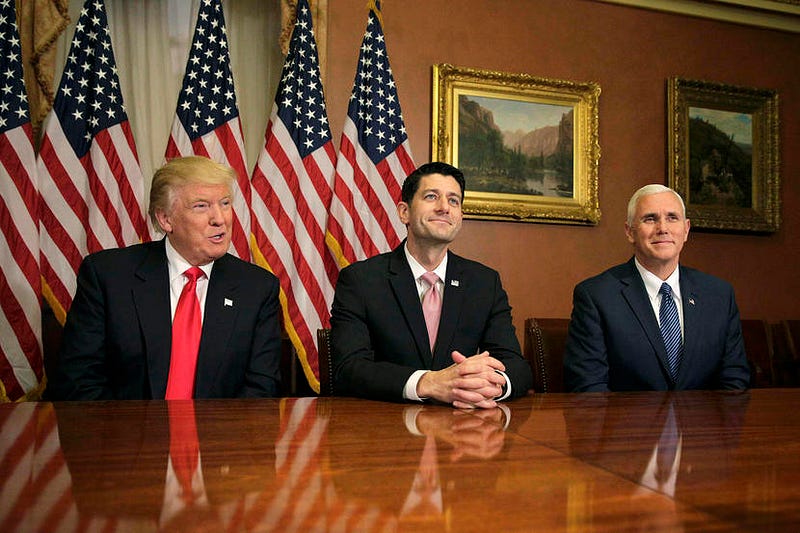Reading List: December 4, 2016
Sunday Sunday Sunday.
Megan Carpentier writes about the “Great Man” theory of history and how we remember Hitler at The Baffler. It’s important, Carpentier argues, for responsibility for the actions of the Nazis to be accepted by the entire German people — something we don’t do in the US for the Civil War, for example.
In America, we learn that Hitler and the Nazis committed the Holocaust; in Germany, German children learn that they all participated in it, because the Germans came to believe that acknowledging their collective culpability as individuals was the only way to prevent it from ever happening again.
Americans, meanwhile, continue to debate whether the Civil War was fought to preserve the institution of slavery, as stated by actual Confederates at the time, or to settle a far more abstract and nebulous quarrel over the less morally indefensible concept of “states rights.” History isn’t always written by the victors, especially if there’s a version that makes everyone feel a little less guilty.
One company that won’t take part in Trump’s more openly fascistic policies — the only tech company thus far to publicly refuse to help with the billionaire’s proposed Muslim registry — is social media giant Twitter. Sam Biddle reports at The Intercept that refusing to participate in the program would be very easy for American companies.
Even on a purely hypothetical basis, such a project would provide American technology companies an easy line to draw in the sand — pushing back against any effort to track individuals purely (or essentially) on the basis of their religious beliefs doesn’t take much in the way of courage or conviction, even by the thin standards of corporate America. We’d also be remiss in assuming no company would ever tie itself to such a nakedly evil undertaking: IBM famously helped Nazi Germany computerize the Holocaust. (IBM has downplayed its logistical role in the Holocaust, claiming in a 2001 statement that “most [relevant] documents were destroyed or lost during the war.”)
The GOP are playing an insidious game with the ACA. To get the political victory, they’re repealing it immediately. To avoid the political fallout, they’re delaying the date of actual repeal two years to force the Democrats to compromise on a replacement right in time for the midterms.
From The New York Times:
Since the law was signed by Mr. Obama in March 2010, 20 million uninsured people have gained coverage, and the law has become deeply embedded in the nation’s health care system, accepted with varying degrees of enthusiasm by consumers, doctors, hospitals, insurance companies and state and local governments.
Unwinding it could be as difficult for Republicans as it was for Democrats to pass it in the first place and could lead Republicans into a dangerous cul-de-sac, where the existing law is in shambles but no replacement can pass the narrowly divided Senate. Democrats would face political pressure in that case as well.
It is not sheer coincidence that at least one idea envisions putting the effective date well beyond the midterm congressional elections in 2018.
And if you’re hoping for a liberal alternative from inexplicably-still-beloved Senator Bernie Sanders, forget that. Sanders is embracing his place in Democratic leadership and rather predictably shunting his previously held “principled” position on single-payer.
Senator Sanders will not introduce his single payer bill into the Senate next year.
Why not?
Because party unity is more important than single payer.
Sanders apparently believes that single payer will get in the way of electing a Democratic Senate in 2018.
Wouldn’t want to confront Democratic Senate candidates with the deaths of their constituents due to Obamacare, would you?
Micah Peters at The Ringer says that Childish Gambino’s new album, Awaken, My Love! means we need to take Donald Glover seriously as a hip-hop cultural polymath.
Glover, fresh out of energy for the kind of bromidal explanations that put nosy people at ease, said he’d just wanted to do something else for a change. And moreover, quitting TV — cutting off a creative limb, so to speak — to focus solely on rap was a ridiculous idea. “Rappers don’t want to be rappers,” he joked, not really joking at all. “They’re usually artists who want to do a bunch of stuff. I don’t think any rapper wants to be just a rapper.”
Finally, an interview with Paul Ibiza on the birth of Jungle Music backdates the genesis of the artform to Joey Beltram in 1989.
A label called R & S Records in Germany had a tune by Joey Beltram called ‘My Sound’, that was the first time I heard a ragga sample in hardcore. I was like ‘look at that!’ I was in the Astoria with Top Buzz and that tune was on, everyone was going mad. That was around 89. Another key track was ‘Hooligan 69’ by The Ragga Twins on Shut Up and Dance. The ragga flavor started to creep into the music but it wasn’t called jungle, it was still hardcore.



